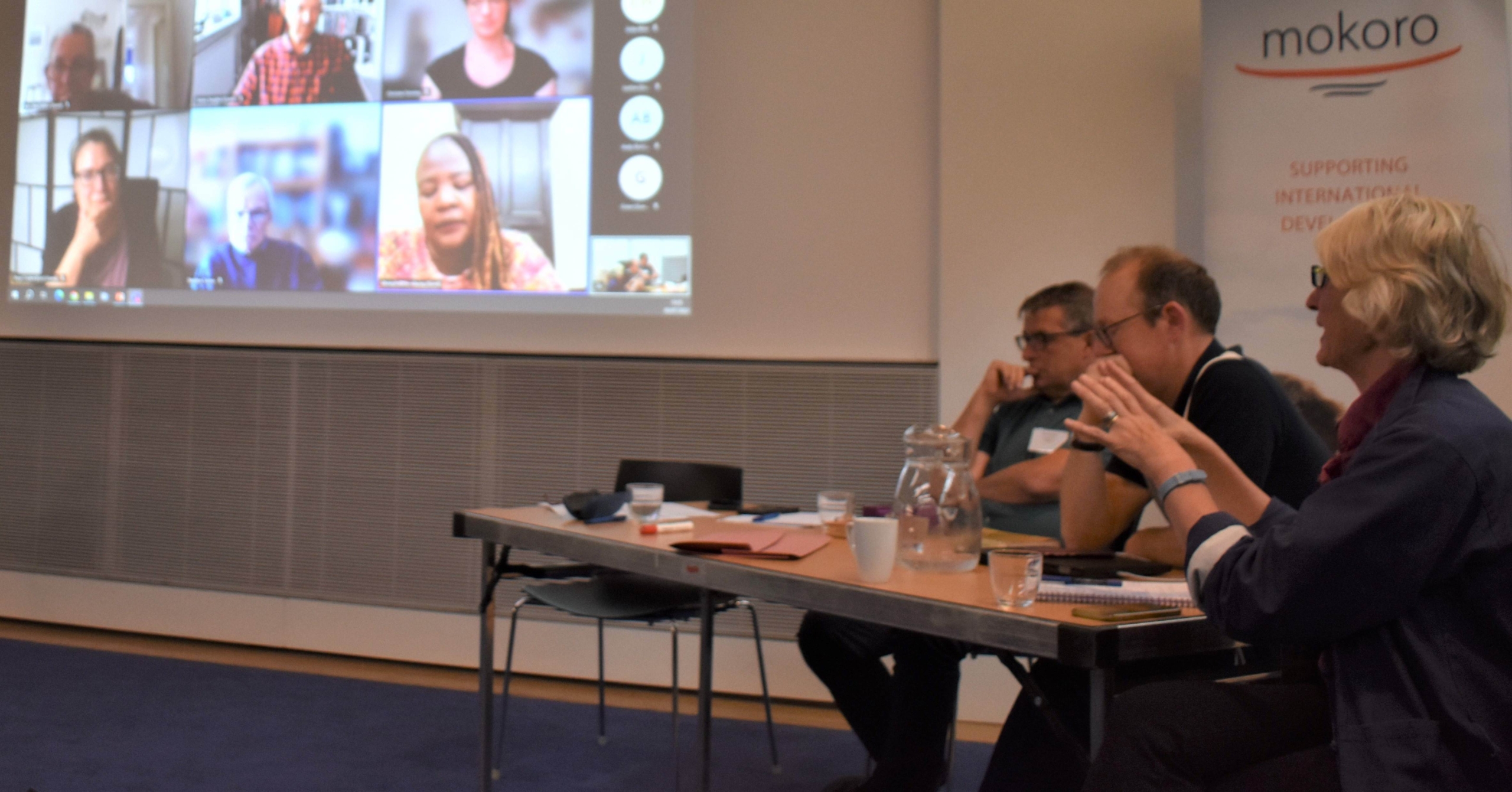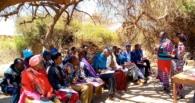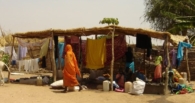Botswana: Don’t Worry – Nothing Has Really Changed
Andrew Bird
26 January 2017
/
- 0 Comments
My career began when, aged 21, I went out to Botswana in September 1974 as an ODI Fellow (yes, ODI Fellows were much younger in those days). I spent three years in Gaborone as an economist/planning officer firstly in the Ministry of Finance and Development Planning (MFDP) and subsequently in the Ministry of Agriculture. My stay overlapped with those of other Mokoro founders Stephen Lister, Steve Mandel and Steve McCarthy, and long-time Mokoro stalwart Ray Purcell.
Botswana in the mid-1970s was a great place to learn the basics of how a small efficient government administration operated. I have always been very grateful for the experience which for much of my subsequent career remained an important reference point. However, my travels never took me back to Botswana. I was happy to leave undisturbed the formative memories of my time there.
This changed in early 2016 when I was asked to join a team being put together by the IMF’s regional technical assistance centre for Southern Africa for a two-week mission to Gaborone. The assignment was in response to a request from MFDP to assist with developing a sequenced activity plan covering reform efforts in macro-fiscal analysis, strategic budgeting, public investment management and fiscal reporting. Finally, the time seemed right time to be going back.
When I had previously left Gaborone, it was a medium-sized town with a population of 50,000. I went back to a modern city of 250,000 with traffic lights! Over the same period, Botswana’s per capita gross national income had increased from USD 530 to USD 6,460. Nevertheless, much of the original Gaborone remained. I stayed the former Holiday Inn where I had spent four nights on first arrival in 1974. I was still able to find my way through the back-streets to walk the 1½ miles to the MFDP offices. The original government complex of Parliament and four ministry office blocks remained (although MFDP had long moved from its original building and now occupied three modern office blocks). While the Mall (the original city centre shopping area) had long been eclipsed by smart new suburban shopping centres, it had turned into a lively pedestrian area cluttered with street stalls.
Introducing myself to our MFDP counterparts as a former “Planning Office III” (POIII) made me an object of considerable curiosity particularly when it was realised that I pre-dated all current MFDP staff (but not the current Minister who had preceded me as a POIII). However, the Deputy Permanent Secretary was quick to reassure me with the statement “don’t worry, you’ll find that nothing in the ministry has really changed”. This proved a very accurate statement as most of the procedures I came across during the following two weeks were identifiably the descendants of those established in the ten years following Botswana’s independence in 1966. This was both the strength (getting it right) and the weakness (limited updating) of Botswana’s planning and financial management systems.
Within the IMF team I was responsible for the public investment management (PIM) component. This involved working with staff in MFDP’s Development Programme’s Directorate on two main tasks: (i) carrying out a self-assessment review of the PIM system using the IMF’s recently developed Public Investment Management Assessment methodology; and (ii) looking at challenges in finalizing the public sector investment plan for the next National Development Plan. Our conclusions confirmed the view of staff in MFDP that PIM processes had weakened in recent years and needed both to be updated and to be applied more rigorously. However, these findings should be seen within the wider institutional background of a fundamentally sound and well-functioning public finance management system. This contrasts with experience in most other countries in the region where reform agendas prove unrealistic due to more fundamental and intractable systemic weaknesses.
You must be logged in to post a comment.



